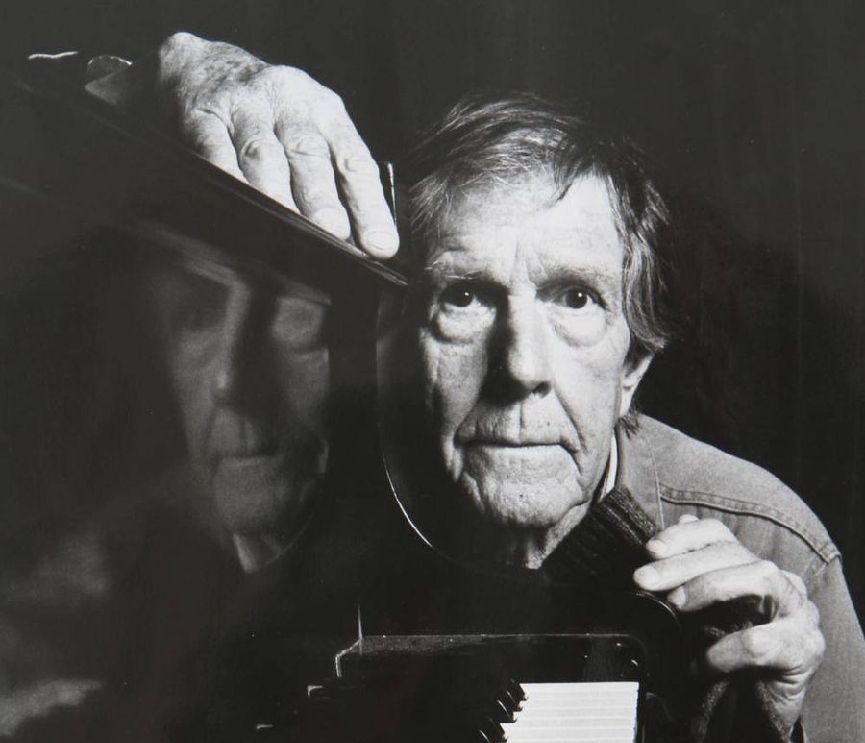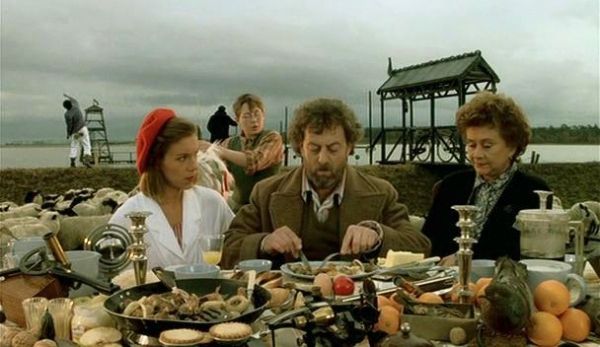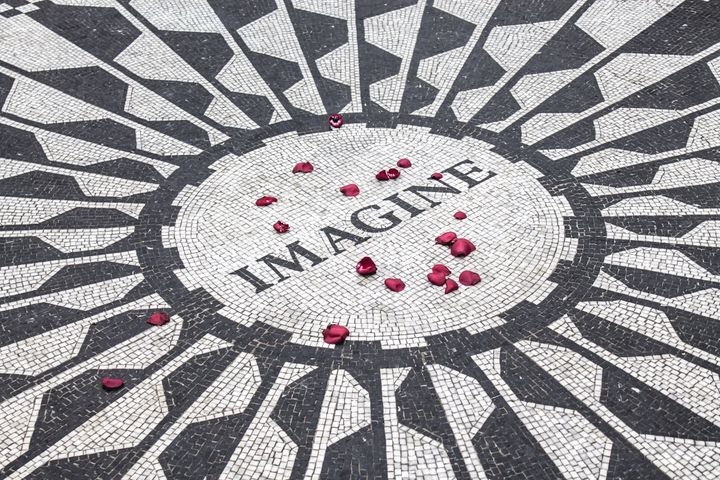The Experience Of Silence
A Daily Haiku about silence and noise. Inspired by John Cage.

The Daily Haiku for May 4. The experience of silence.
No noise, traffic, screams,
The experience of silence,
All I want to hear
John Cage was one of the most important and innovative composers of the XX century. He is best-known for his opus 4'33'' that explored the boundaries of what sound and silence are.
I think we are losing silence. Today I went to the beach. The day started quite cloudy, but got better after noon. Still, there were not many people at the beach. I was almost alone. That means there was no noise, children screaming, loud music... Nothing.
And I just loved it. I stayed there and enjoyed the beautiful sound of the waves crashing against the shore and the seagulls above. It was beautiful.
And rare. Nowadays it's impossible to escape from sound. There are people playing (shitty) music on their phones at the beach, on the train or at the bus stop. They don't care if you like their music or not. The noise of cars and traffic is everywhere (even John Cage called that "the new silence" decades ago).
It's almost as if we needed something to break the silence because we cannot stand it.
I pretty much agree with John Cage when he said: The sound experience, which I prefer to all others, is the experience of silence. You can hear him in this interview:
This is the full transcription of John Cage's interview.
"When I hear what we call music, it seems to be that someone is talking, and talking about his feelings, or talking about his ideas of relationships. But when I hear traffic, the sound of traffic, hear on 6th avenue for instance, I don’t have the feeling that anyone is talking. I have the feeling that sound is acting, and I love the activity of sound. What it does is it gets louder and quieter, and it gets higher and lower, and it gets longer and shorter. It does all of those things. I am completely satisfied with that. I don’t need sound to talk to me.”
“We don’t see much difference between time and space. We don’t know where one begins and the other stops. So most of the arts we think of being in time, and most of the arts we think of being in space. Marcel Duchamp, for instance, began thinking of music not as a time-art but as a space-art, and he made a piece called sculpture-musical, which means different sounds coming from different places, producing a sculpture with is sonorous and which remains.”
“People expect listening to be more than listening, and so sometimes they speak of inner-listening or the meaning of sound. When I talk about music, it finally comes to mind that I’m talking about sound that doesn’t mean anything, that is not inner, but just outer. These people, who understand that finally say: you mean it’s just sound? Thinking that for something to just be a sound is useless, whereas I love sounds just where they are, and I have no need for them to be anything more than what they are. I don’t want them to be psychologically. I don’t want a sound to pretend it’s a bucket, or that it’s a president, or that it’s in love with another sound. I just want it to be sound. And I’m no so stupid either. There’s a German philosopher, whose well-known, Immanuel Kant, and he said there’s two things that don’t have to mean anything. One is music, and the other is laughter. Don’t have to mean anything, that is, in order to give us very deep pleasure.”
“The sound experience, which I prefer to all others, is the experience of silence. This silence, almost everywhere in the world now, is traffic. If you listen to Beethoven or Mozart, you see that they’re always the same. But if you listen to traffic, you see that it’s always different.”




Comments ()